
Nanotech Breakthrough Revolutionizes Periodontal Treatment
Beijing researchers pioneer light-activated nanotech to combat periodontitis, offering precise treatment with minimal side effects. A global oral health breakthrough.
News & Insights Across Asia

Beijing researchers pioneer light-activated nanotech to combat periodontitis, offering precise treatment with minimal side effects. A global oral health breakthrough.
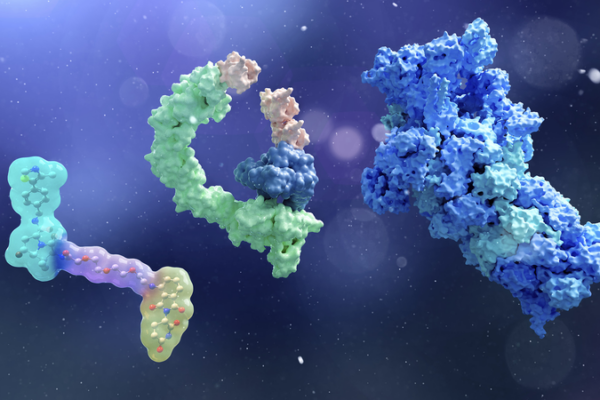
Chinese researchers develop SupTACs technology enabling precise protein degradation, offering new hope for treating cancer and neurodegenerative diseases.
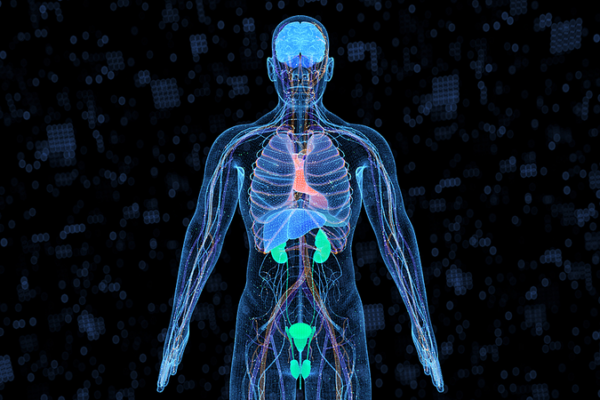
Chinese scientists develop a predictive model for human organ aging, enabling targeted disease prevention and personalized anti-aging interventions.
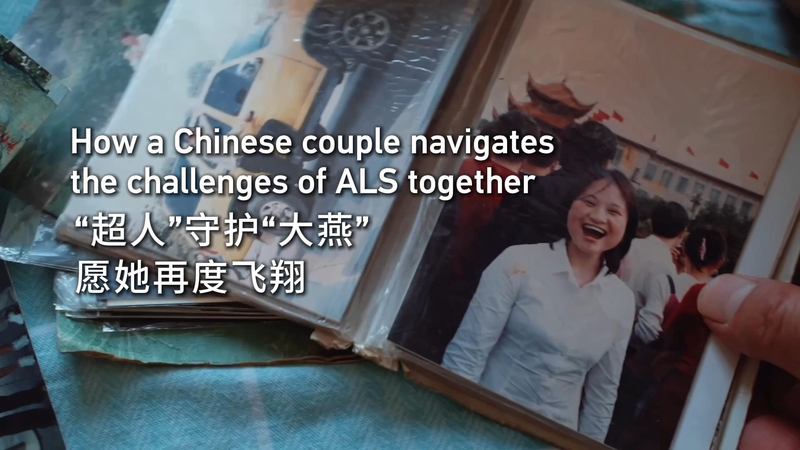
Ming Dayan and Peng Chao’s story of love and determination against ALS highlights resilience and hope in the face of a relentless disease.
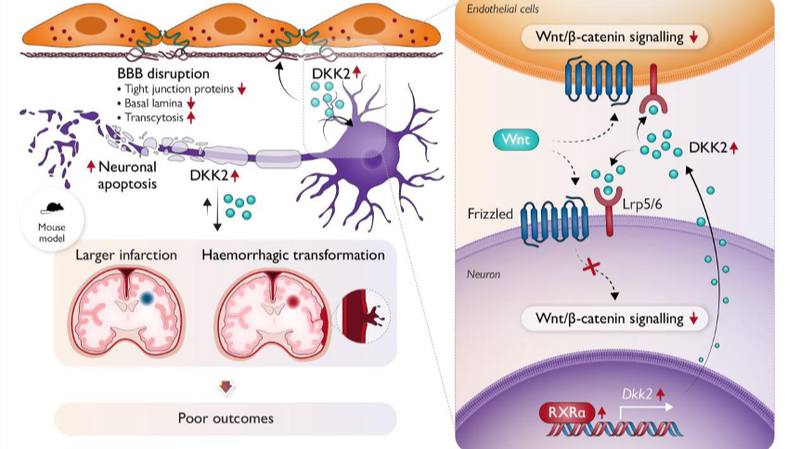
Chinese researchers identify a key protein causing post-stroke brain damage, paving the way for targeted therapies to improve recovery outcomes.
China commemorates 40 years of AIDS response, showcasing medical advancements and global health leadership through innovative treatment strategies.
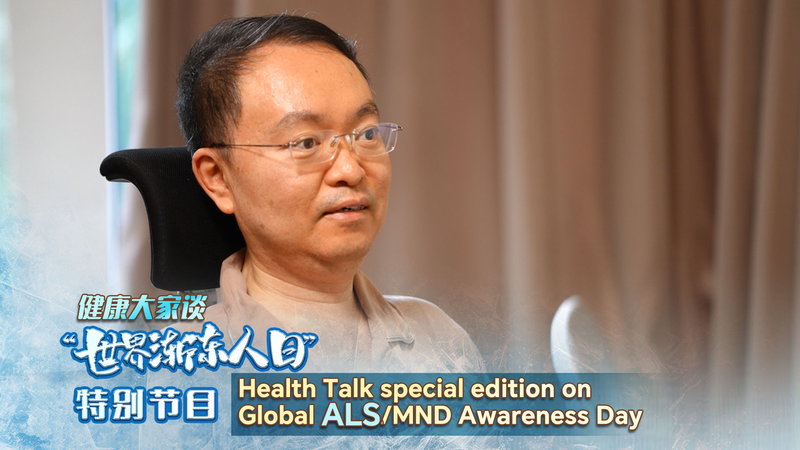
Former executive Cai Lei battles ALS while leading advocacy efforts in Asia, inspiring hope through research and awareness on Global ALS/MND Day.
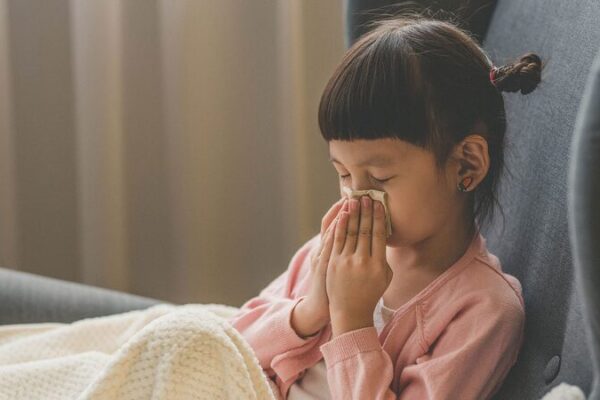
Researchers from China’s Tsinghua University and Beijing Tongren Hospital have discovered that a specific type of immune cell worsens chronic sinusitis and nasal polyps by fueling inflammation.
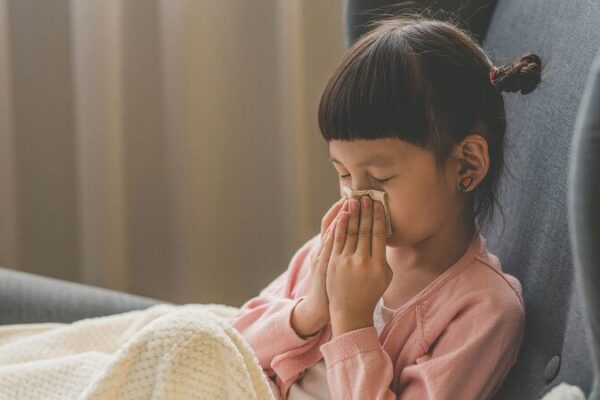
Researchers from Tsinghua University and Beijing Tongren Hospital have discovered that Granzyme K secreted by certain immune cells exacerbates chronic sinusitis and nasal polyps, offering a new target for treatment.
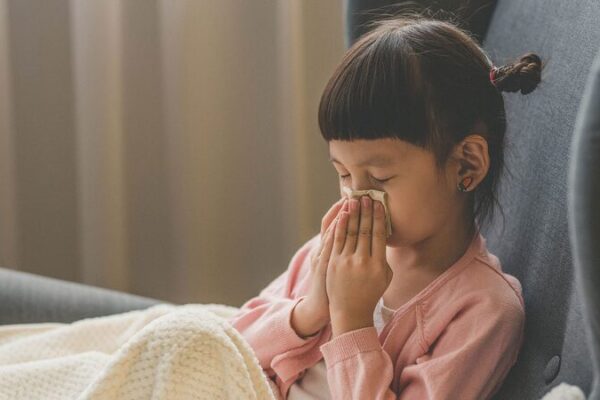
A new study reveals that a specific immune cell can worsen chronic sinus infections by intensifying inflammation, offering a promising target for future treatments.
Chinese scientists have discovered that a specific immune cell worsens chronic sinus infections, offering new hope for effective treatments for millions worldwide.
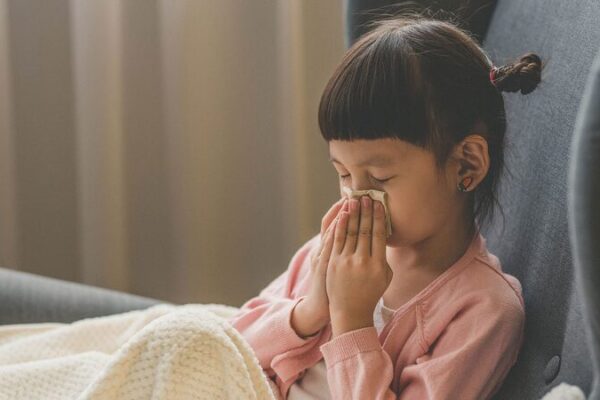
Scientists from Tsinghua University and Beijing Tongren Hospital have discovered that certain immune cells worsen chronic sinus infections, opening new possibilities for effective treatments.
A decade-long study by researchers from China’s Tsinghua University and Beijing Tongren Hospital has identified a specific immune cell that intensifies inflammation in chronic sinusitis and nasal polyps.

Researchers from China’s Tsinghua University and Beijing Tongren Hospital have discovered immune cells that worsen chronic sinus infections, offering new hope for effective treatments.
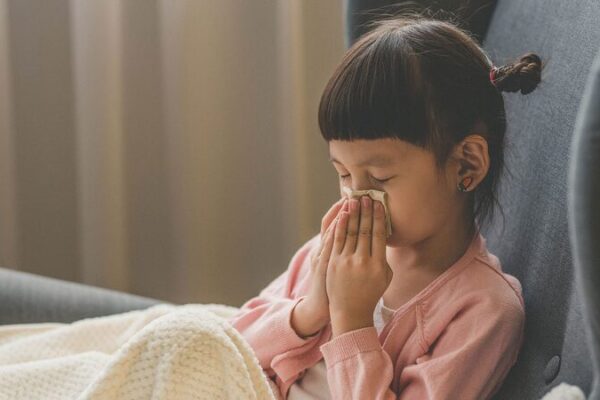
A new study reveals that immune cells secreting Granzyme K worsen chronic sinusitis and nasal polyps, offering a potential target for innovative treatments.

Scientists from China’s Tsinghua University and Beijing Tongren Hospital have identified a specific immune cell protein that exacerbates chronic sinusitis and nasal polyps, offering new treatment possibilities.
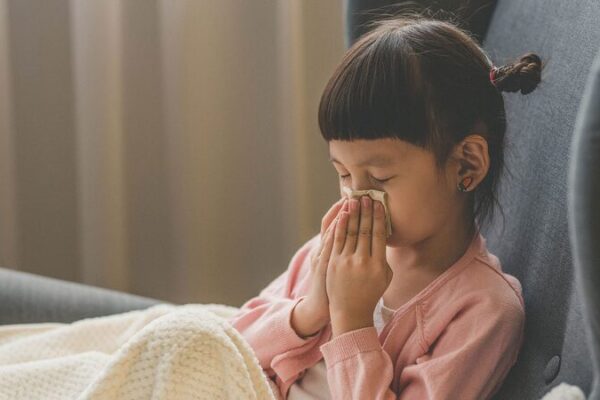
A new study by Chinese scientists reveals that a specific immune cell can worsen chronic sinusitis and nasal polyps, opening doors to potential new treatments.

Scientists have discovered that certain immune cells worsen chronic sinus infections and nasal polyps, opening new avenues for treatment.
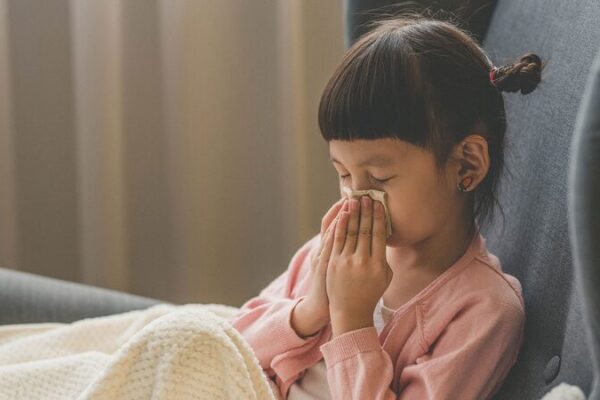
A pioneering study by Tsinghua University and Beijing Tongren Hospital reveals that a specialized immune cell exacerbates chronic sinus infections, offering new targets for treatment.
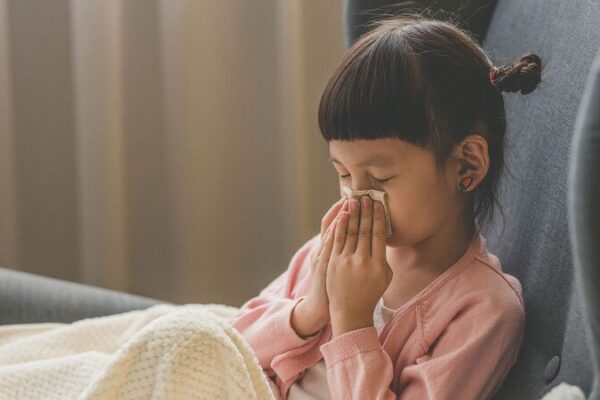
Scientists from Tsinghua University and Beijing Tongren Hospital have discovered that certain immune cells exacerbate chronic sinusitis by secreting Granzyme K, offering new targets for treatment.